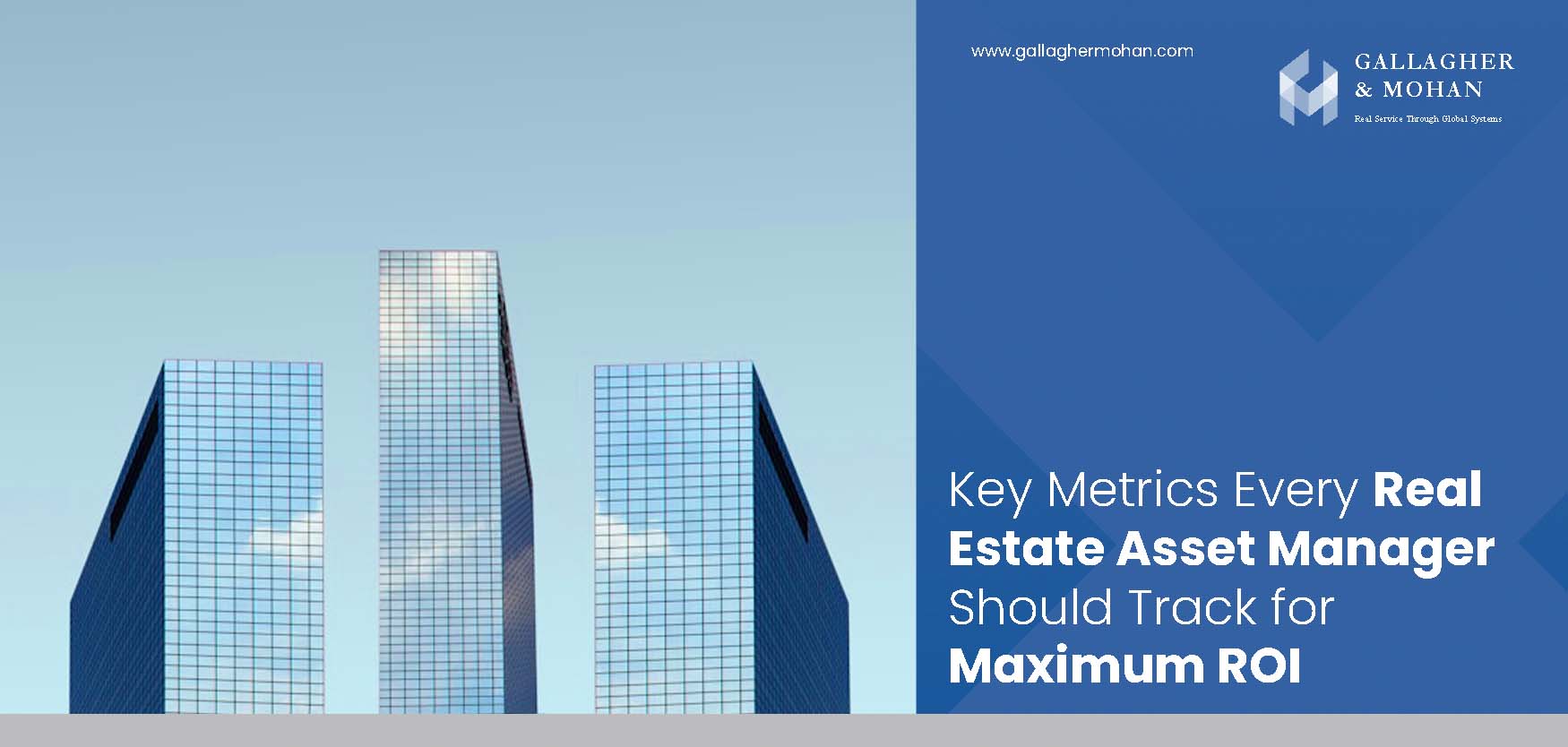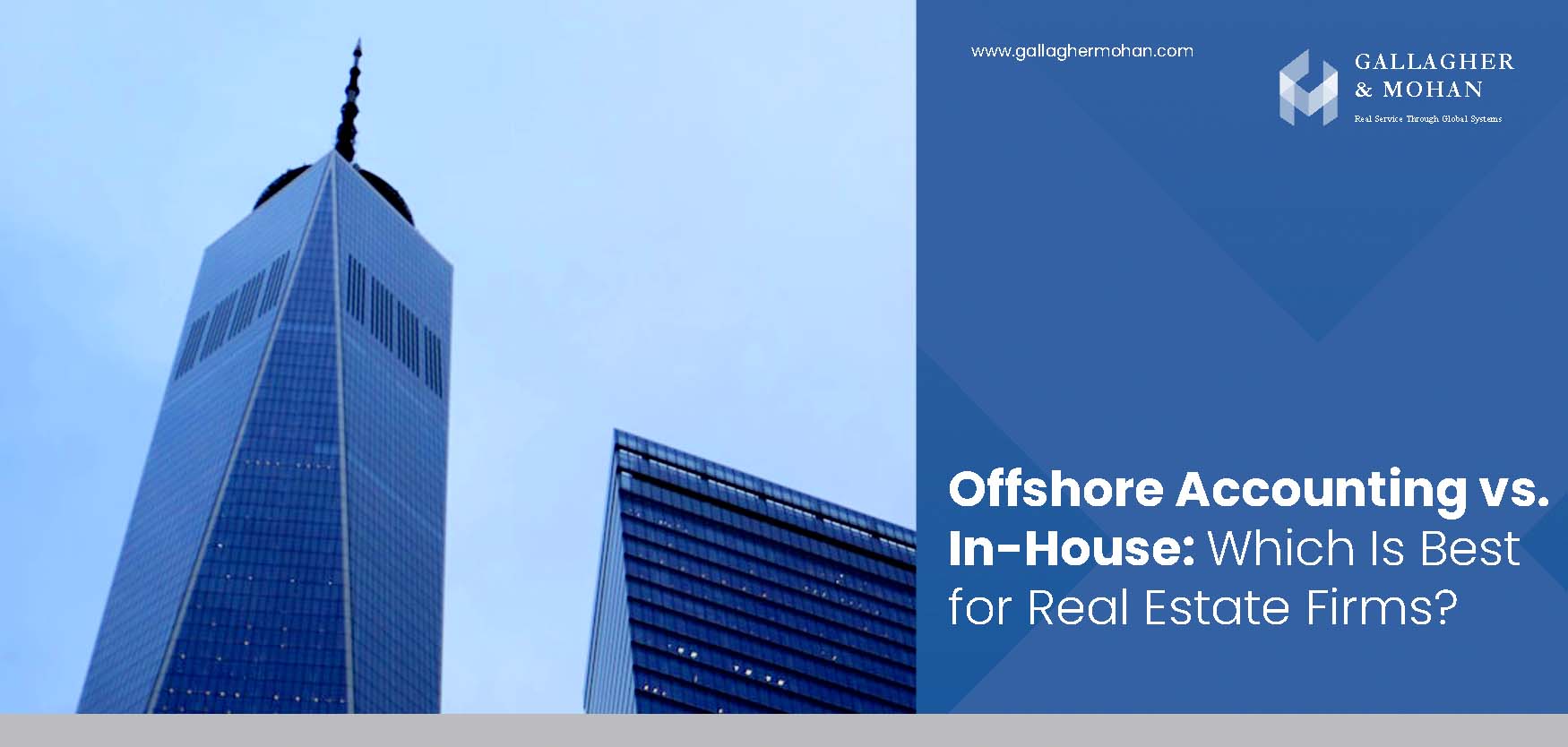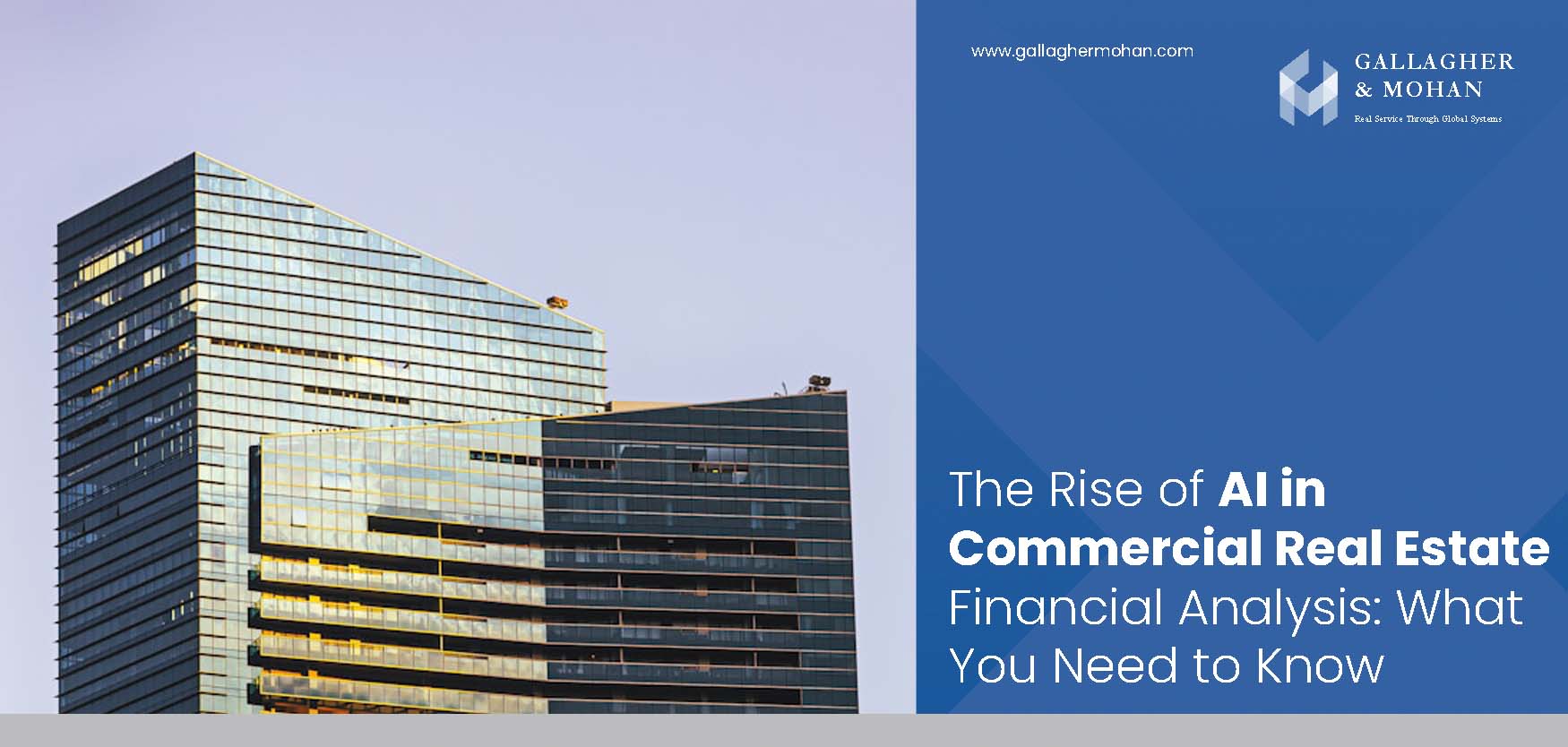20 November 2024
5 Reasons Commercial Real Estate Is Actually the Easiest Asset Class for New Investors
For many new investors, Commercial Real Estate can seem like an intimidating venture. With complex leasing structures, a wide variety of property types, and unique financing requirements, it’s no wonder that some hesitate before diving in. However, these initial concerns often overlook the compelling benefits of commercial real estate that make it surprisingly beginner-friendly and rewarding.
Unlike residential real estate, commercial properties are often designed to generate income through longer lease terms, which means fewer tenant turnovers and more predictable cash flows. This asset class offers built-in opportunities for scaling up investments, as one commercial property can generate the income of multiple residential units without requiring separate property purchases. Additionally, commercial real estate investments typically offer a higher return on investment than residential properties, with yields that can range from 8% to 12% or more depending on location and property type.
For new investors looking to diversify their portfolios or secure more passive income streams, Commercial Real Estate can be an ideal entry point. It presents unique benefits, including lower daily involvement, easier access to financing, and greater portfolio stability. Here, we’ll explore five key reasons why commercial real estate can be an accessible and lucrative asset class for beginners, making it a valuable consideration for anyone ready to start their real estate investment journey.
1. Stable and Predictable Cash Flow
Commercial Real Estate is known for providing a steady, reliable income stream. With long-term leases that typically range from 3 to 10 years, property owners enjoy stable cash flow and minimized turnover compared to residential properties.
Most commercial leases are structured as Triple Net (NNN) leases, meaning tenants cover property expenses like taxes, insurance, and maintenance. This setup reduces costs for owners and helps them better project future earnings, making cash flow more predictable—an ideal scenario for new investors.
2. Easier Funding and Access to Capital
Surprisingly, Commercial Real Estate can be easier to finance than residential properties. Lenders often consider the property’s income potential rather than relying solely on the borrower’s financials. If a property has established tenants with long-term leases, it’s seen as a more secure investment by banks.
Moreover, creative financing options, like crowdfunding and real estate syndications, offer new investors easier access to commercial real estate without requiring substantial upfront capital. This accessibility opens opportunities for investors to enter the market sooner.
3. Professional Property Management with Less Daily Involvement
Managing residential property can be time-intensive, with frequent tenant turnover and maintenance needs. Commercial properties, however, typically involve less hands-on management. Businesses renting commercial spaces often handle property upkeep to maintain a functional workplace, reducing the landlord’s involvement.
Investors can also hire professional property management companies to handle tenant interactions, lease renewals, and maintenance. For beginners, this hands-off approach is ideal, allowing them to benefit from the property’s income potential without a full-time commitment.
4. Scalability and Higher Returns
Commercial Real Estate offers scalability that’s hard to achieve in residential markets. Instead of managing multiple single-family homes, investors can buy one larger property, such as a multi-family complex or office building, to maximize their rental income.
Commercial properties often yield higher returns than residential properties. While residential returns on average between 4-5%, commercial properties can yield 8-12% or more, depending on the location and property type. The ability to leverage the property’s income potential to secure better financing terms further enhances overall returns.
5. Diversification and Portfolio Security
Investing in commercial real estate allows new investors to diversify their portfolios, protecting against economic volatility. Different types of commercial properties—such as industrial, retail, and office space tend to perform differently based on market conditions, offering protection that residential properties don’t always provide.
Commercial leases are typically longer than residential ones, reducing the risk of frequent tenant turnover. This long-term security is especially appealing for new investors seeking a predictable and less risky asset class.
Conclusion
For new investors, Commercial Real Estate can provide a stable, scalable, and profitable entry into the world of real estate investment. With stable cash flow, easier financing options, and lower day-to-day management, commercial properties offer unique advantages that can simplify the investment process.
While research and due diligence are essential, commercial real estate can be a rewarding choice for beginners looking to build wealth and achieve long-term financial growth.



